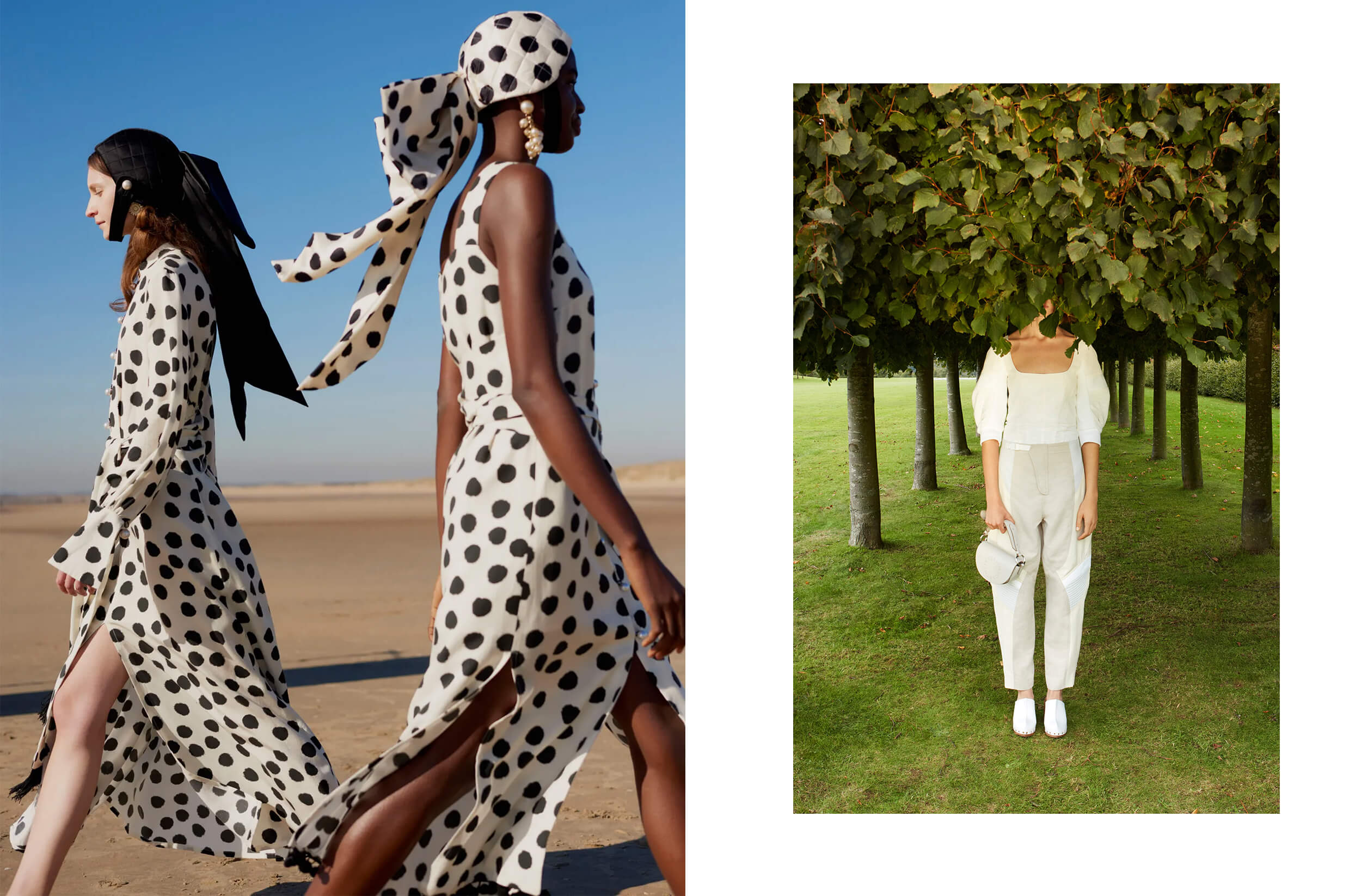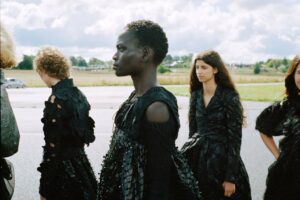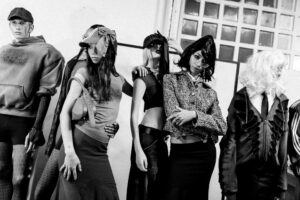All right: we know the keywords of sustainable fashion, we have discovered the best fabrics to choose, but there’s one more question: how can we know for sure that a brand and/or product is ethical and sustainable? What certainties do we, as consumers, have of what we are about to buy?
Okay, that’s a very good question. The greater the interest in sustainability (luckily), the more transparency is required from producers, the more doubts about the items come to our mind: what’s the solution then? Ladies and gentlemen, make yourself comfortable: today, we introduce you to the textile certifications, the guarantees that attest to the quality of materials, manufacturing processes, and the ethical and environmental features of a fashion product.
First introduced by the European Commission in 1992, these ensure that a piece of clothing has been made while respecting the environment, and/or the workforce, and/or animals. Nowadays, there are many textile certifications (according to the Ecolabel Index, they are more than 445 in 199 countries), and they are our reference point to orient ourselves towards more conscious and respectful shopping. Of course, as there are so many of them, they can also create some confusion around the topic: that’s why we decided to create this guide as a collection of the most important textile certifications, those useful to start building our wardrobe, and lifestyle, ethically and sustainably.
ENVIRONMENTAL CERTIFICATIONS
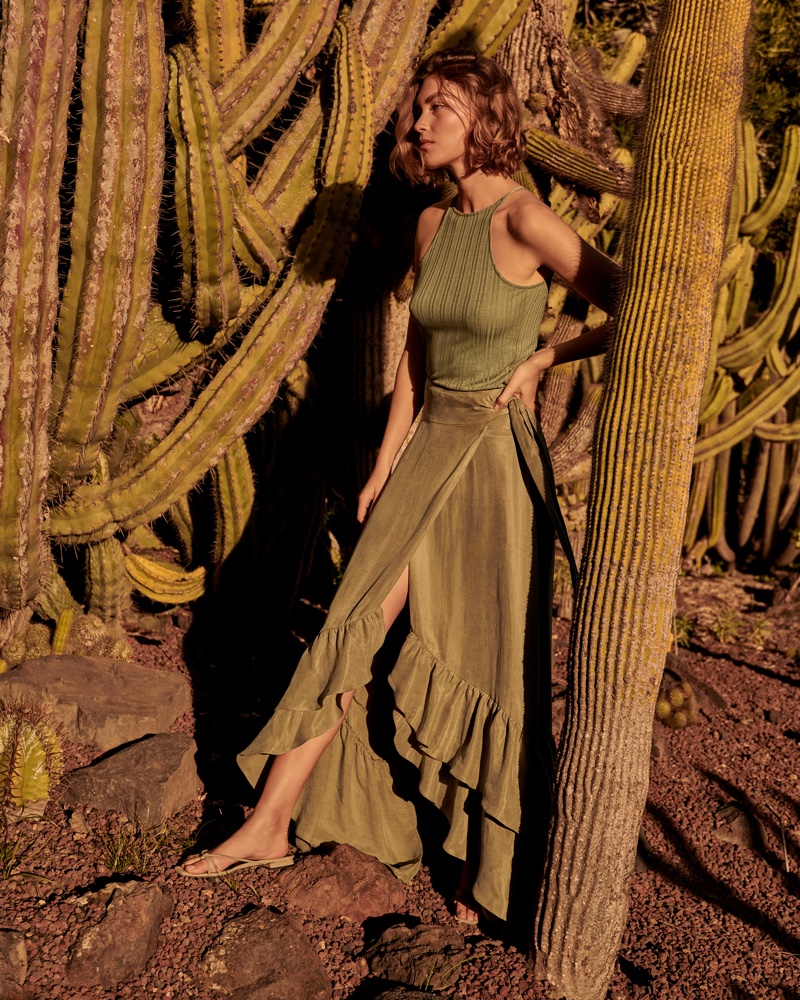

Forest Stewardship Council (FSC)
An independent international certificate that aims to stop deforestation, and the related social problems, with the possibility to track the certified products. To achieve it, companies of any field must produce products derived from trees grown and managed sustainably: this means carrying out a cautious and reasoned deforestation (which in most cases provides for a re-grafting of trees), respecting the workers involved and the inhabitants of forests, both animal and human.
OEKO-TEX® Standard 100
First appeared in 1992, this independent certification checks and ensures that textile products do not contain substances harmful to our health at any stage of their processing. It represents one of the most widespread textile certifications and it is assigned by OEKO-TEX®. It is based on the principle that the greater the amount of tissue that touches our skin, the greater the number of requirements that must be met to get it. As a result, the product is divided into 4 classes: class 1, the most restrictive, refers to articles for children up to 3 years; class 2 is for all clothing products in direct contact with the skin; class 3 for those not in direct contact for the skin and the 4 for furniture materials.
BlueSign
It is an international certification born in Switzerland in 1997 given to fashion companies that make their production more sustainable while supporting them in their strategy and paying attention to the chemicals involved. The values that defend this certification range from saving water and energy resources, the safety of consumers and workers, to the reduction of polluting emissions. The substances and raw materials are verified before their actual use and are then divided into three categories: Blue (non-harmful substance and therefore always usable), Gray (a substance that can only be used in some situations and without alternatives), Black (a non-usable substance because toxic).
ETHICAL CERTIFICATIONS


FAIRTRADE
An international non-profit organization that is responsible for the homonymous, important certification and brand dedicated to fair trade. This body supports workers and farmers in developing countries (Asia, Africa, Latin America), guaranteeing their welfare status, minimum rights, and wages, promoting livelihoods for the families involved, and sustainable production. All in the name transparency to improve their working and living conditions. So far, the brand involves about 1.7 million workers in 73 countries and its certification attests that a product has been made according to its rights and the fair trade criteria.
Fair Wear Foundation (FWF)
An independent and non-profit Dutch organization working with companies and fashion brands to verify and improve the condition of their employees in 11 countries across Asia, Europe, and Africa. It takes account of the improvements made by companies to increase the effectiveness of their efforts to guarantee certain conditions for workers involved at every stage of the production process. These conditions include lack of discrimination, the abolition of child labor, fair wages and working hours, healthy working conditions, and legal contracts guaranteeing freedom and rights.
Get It Fair®
An Italian certification supporting fashion companies that want to improve their reputation by committing towards sustainability and social responsibilities, from the raw materials to the final product, in the name of transparency and respect for both the workers involved and the customers. This certification assesses the actual risks along a production chain and/or factory that can be dangerous for workers or the environment, giving a score to support the constant improvement of a company, then periodically checking its efforts and changes.
CERTIFICATIONS FOR THE RIGHTS OF ANIMALS
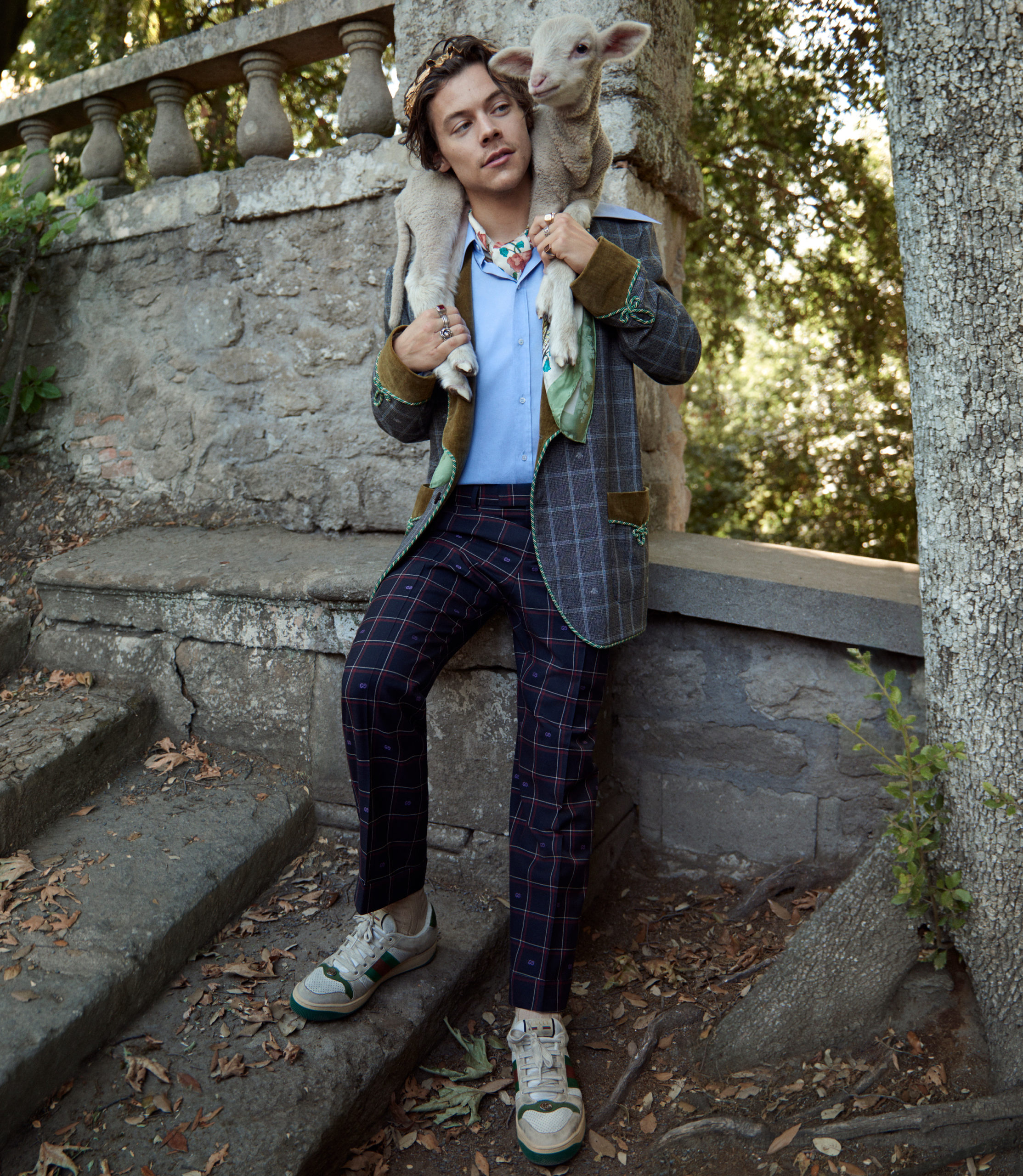
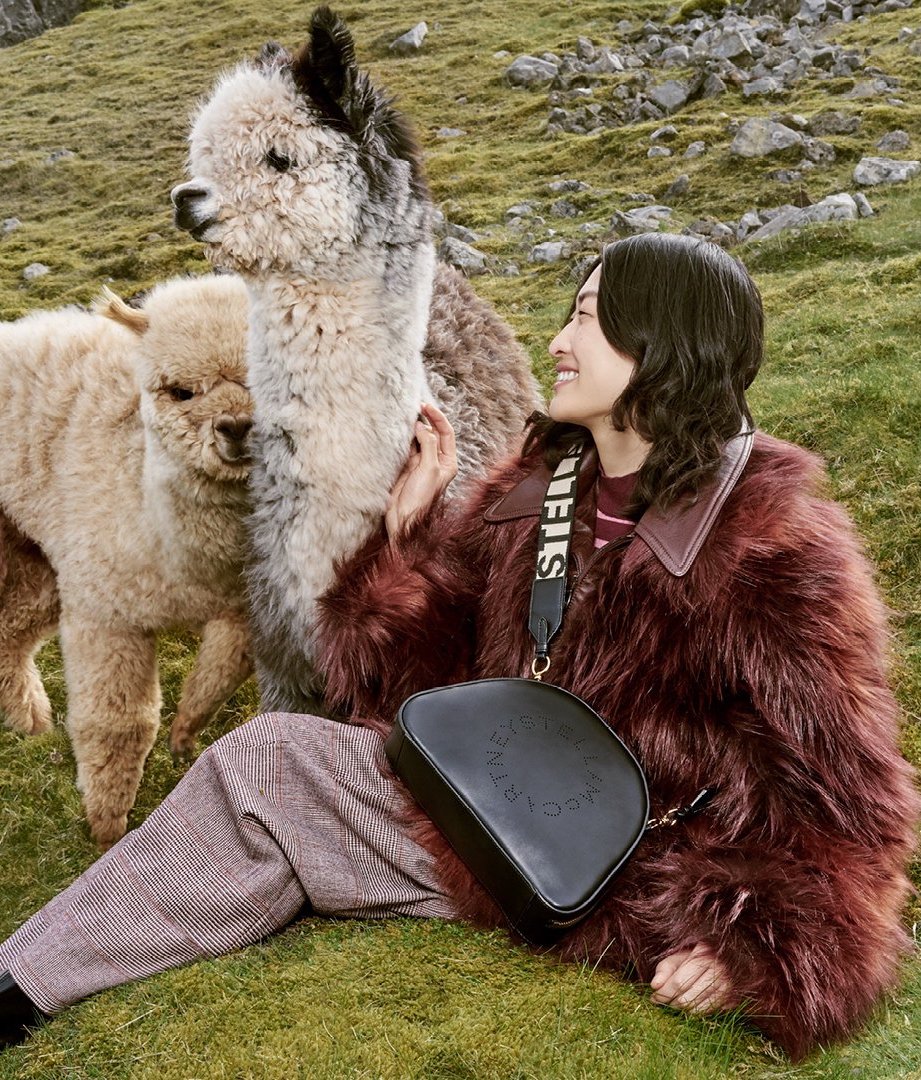
Animal Free Fashion
Conceived by LAV – Lega Anti Vivisezione (NGO), it aims at encouraging fashion companies to totally or at least partially give up the use of materials of animal origin. In doing so, it assigns an evaluation that follows this score: V, VV, VVV, VVV+, where the V is assigned to those that give up only furs, while VVV+ is for those that give up all animal materials. This evaluation can change over time depending on the efforts made by a company. Besides that, it also evaluates whether they use or avoid using toxic chemicals, as these are also harmful to the entire system, including animals.
Fur Free
Another LAV certifications, in collaboration with 40 international organizations for the protection of animal rights, and to which about 1000 companies from the fashion world have signed. The aim is to eliminate once and for all the use of animal fur in the textile field; moreover, it shares information with consumers about the policy adopted by all companies.
People for the Ethical Treatment of Animals (PETA)
PETA is one of the most internationally famous nonprofits fighting for animal rights, reducing their exploitation, and giving information about how they are treated in all fields. This brand certifies that a product (textile or not) is vegan and that it does not contain in any way elements of animal origin or that have been tested on animals.
BIOLOGICAL AND RECYCLING CERTIFICATIONS

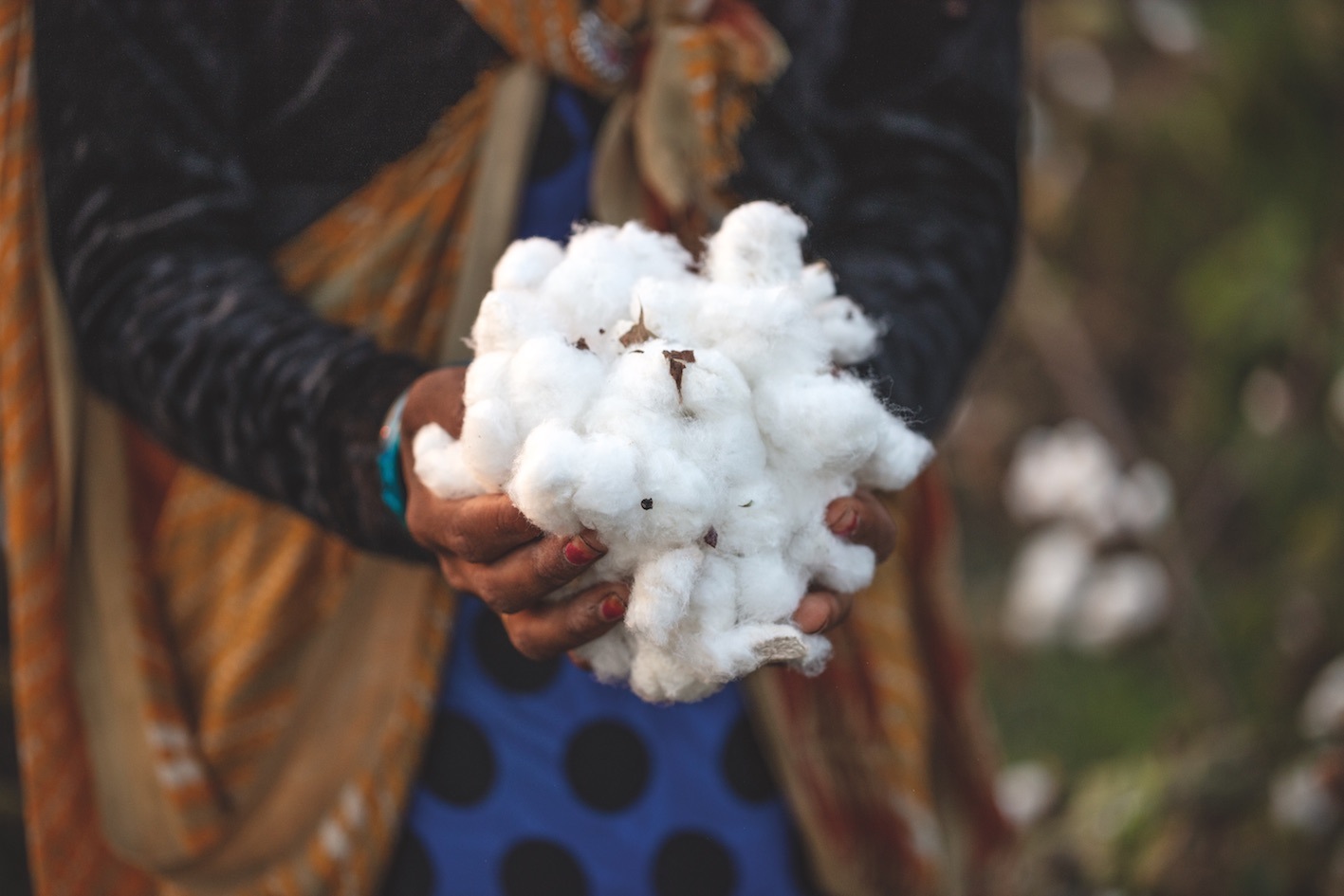
Global Organic Textile Standard (GOTS)
One of the main textile certifications, developed by international organizations to guarantee the consumer that organic textile products (such as flax, hemp, wool, and cotton) have been made while respecting its strict environmental and social criteria at every stage of production. It ensures that the products contain at least 70% of natural fibers from organic farming, that manufacturing activities have been carried out with respect for the environment and workers, and that the chemicals used are not toxic in compliance with some criteria.
Organic Content Standard (OCS)
Made by Textile Exchange (NGO), which supports and promotes organic farming all over the world, this certification guarantees that a product contains a given percentage of organic natural fibers, traceable along the entire production chain: if you use 95% organic cotton, for example, you get the Organic 100 label, while for the 5% there is the Organic Blended label. The certification applies to both textile products and manufacturing processes.
Global Recycle Standard (GRS)
Promoted by Textile Exchange (NGO) as well, this certification is aimed at companies and fashion brands that produce clothing with quantities of recycled material, favoring the reduction of resource consumption and the circular economy. Applicable to cotton, wool, polyester, polyamides, and leather fibers, it is aimed not only at the products but also at the companies, respecting traceability at every stage of production and the rights of workers. In this way, you can be sure that a garment contains at least 20% of recycled material and that the manufacturing activities respect some ethical and sustainable requirements.

